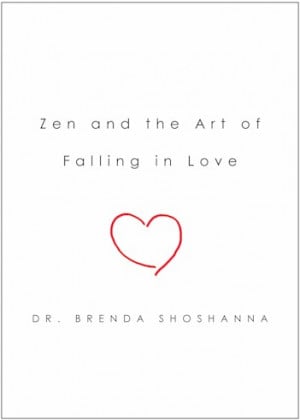

Whenever you notice any of the three poisons begin to show themselves, try to calm your mind by regulating your breathing. In contrast, the teachings say, if we can cast away these three poisons, or worldly afflictions, we can live happily and freely. As long as we allow ourselves to be governed by these three poisons, we will be unable to find peace. Ignorance is a state of foolishness: we are heedless of common sense or knowledge and lacking in education – but actually lacking an understanding of our true Buddha nature. Anger makes us enraged by the slightest things, and once it is provoked, we take it out on others. "When we are afflicted with greed, once we acquire whatever it is we desire, we are still left wanting more. Irrespective of whether you are a Buddhist or not, we all would benefit from minimizing these negative emotions. Buddhism views them as the root of suffering that prevents us from reaching enlightenment. The three poisons in Buddhism are greed, anger, and ignorance. The car must be an extension of your being for the partnership to work. When you are cornering at 180mph, any hesitation or delay in thinking causes a crash. A modern example could be Formula 1 drivers, who don't have the time to think. The story illustrates the act of being at one with the sword.

#You are my zen meaning free
Even as you focus your energy on a single point, keep your mind free and open. Do not allow your mind to wander to or settle upon any of these places. If you think you can win against him, then your mind will be preoccupied by winning. If you think there is an opportunity to strike his arm, then your mind will be preoccupied by his arm. "A Zen master named Takuan, from the Edo period (1603– 1868), explained the secret of the Japanese form of fencing known as kendo in this way: ‘When you face another swordsman, if you think there is an opportunity to strike your opponent’s shoulder, then your mind will be preoccupied by your opponent’s shoulder. It is a teaching that demonstrates the amazing power available to us if we can achieve a clear mind." This allows you to focus on what needs to be done now, without worrying about all the other things in your life. You empty your mind and do not let it settle anywhere or wander. Another way to say it is just mushin, or ‘clear mind’. "There is a saying in Zen practice, munen muso, that describes a state of being free from worldly desires and distracting thoughts. By cultivating munen muso, we become less distracted by outside elements and more attentive to our inner dialogue. A clear mind is the best way to approach all tasks in life.

Munen muso is the act of retaining a clear mind throughout each activity. Try sitting zazen: empty your mind and allow your thoughts to float up and then drift away." 3. Once we arrange all three of these things, then we begin to practise zazen. "For zazen, first we assume the correct posture, next we focus on our breathing, and finally we steady our mind. Zazen is the art of becoming aware of your thought patterns and bringing yourself into a state of inner peace. Zazen is a meditation practice that originates from Zen and is a chance to sweep the detritus from your mind. The book emphasizes finding time to be alone with your thoughts and to sit quietly in nature. A lifestyle of simplicity is the fundamental practice that will hone the mind." 2. Acquire only good things that will truly be needed. "Living simply means, for instance, that the mug you use every day for coffee is a mug that you really like – one that you take good care of and that you will use for a long time. This is a fundamental tenet of simple living." But if we want to change our current situation, we should first part with something before we look to acquire something else. "When things aren’t going well, we tend to think we are lacking in something. The idea is to have what you consider enough and no more. Simple, intentional, purposeful, choose the definition that works best for you. Zen advises living a simple existence in every domain, stripping each aspect of life to the essentials. It's saying no to advertisers and yes to ourselves. Practising Zen is going against the grain. Companies hire large teams to create ads that force us to accumulate.

The age of information is upon us, a time when everything is available in abundance. Consumption is a hallmark of the Western world. Note: The following are excerpts from Zen: The Art of Simple Living by Shunmyō Masuno. If you enjoy this summary, please consider buying me a coffee to caffeinate my reading sessions. īuy Zen: The Art of Simple Living: Print | Kindle | Audiobook Learn more about Zen: The Art of Simple Living on Amazon.


 0 kommentar(er)
0 kommentar(er)
